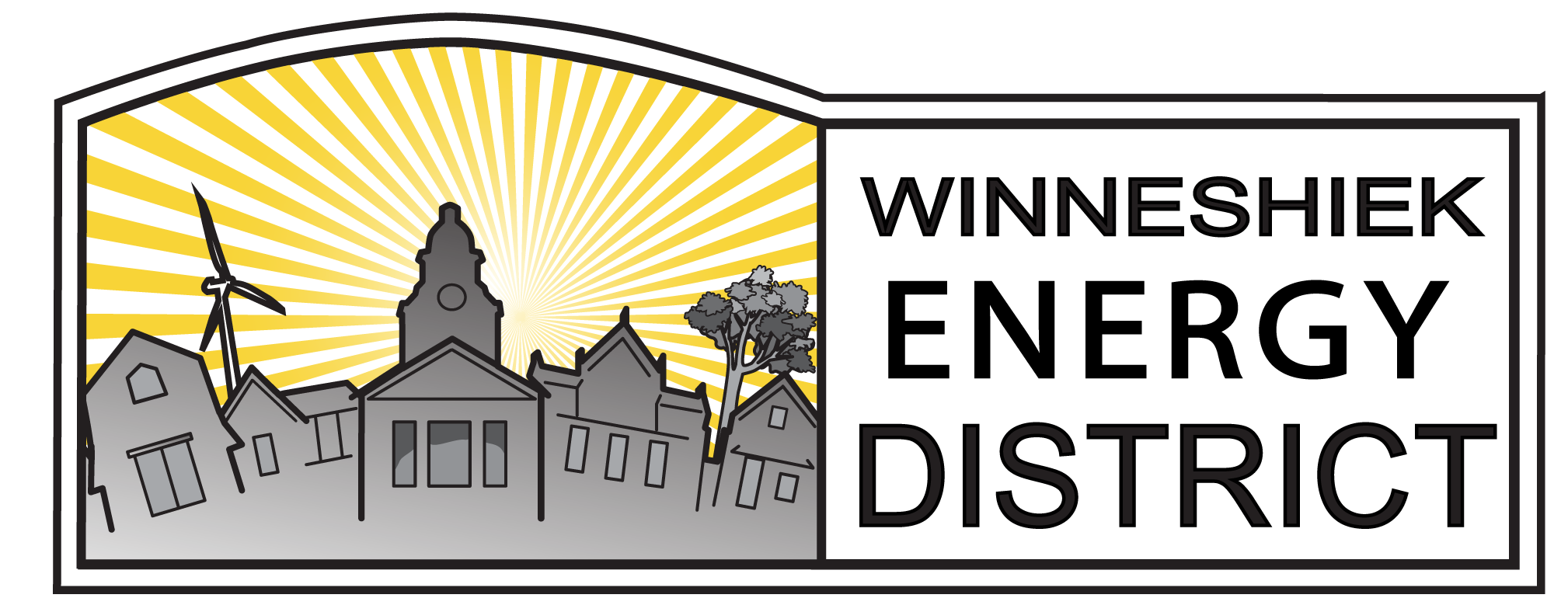Does Solar Increase the Resale Value of Your House?
When it comes to buying and selling a home, what exactly is the value of solar? Does having solar panels on your roof actually increase your home’s value at the time of sale? How can you help potential buyers understand that your solar array will save them lots of money over time?
Solar as an asset and solar basics
For most residential customers, solar is a straightforward and easy to understand investment. Installation prices have come down tremendously, net metering rules are favorable for customer owned generation (net metering is the ability to transfer excess power back to the grid and receive credit for it at retail rates for use in your home at a later time), resulting in short payback periods. For residential customers in Decorah, the return on investment of solar is as short as seven years, and the value of installing solar versus not installing solar can be worth many, many tens of thousands of dollars over the life of a system.
According to a 2019 analysis by Zillow, homes with solar sell for 4.1% more than homes without solar, resulting in a median sale price enhancement of $9,274. A National Renewable Energy Laboratory analysis found that solar increases a home’s value $20 for every $1 reduction in utility bills. In other words, a solar system that produces $1,000 worth of electricity annually corresponds to an increased value of $20,000. Whether these numbers hold true or not depends on many factors, and to a large degree on how your realtor markets the presence of panels on your roof.
Solar, listing price, and the fact that money talks
Talk to any realtor and you’ll quickly learn that the presence of solar doesn’t directly translate into increased value. Just because you’ve spent $20,000 on solar doesn’t mean that value holds weight to anyone else. The same can be said for other energy-related pursuits, like electrification projects (heat pumps to replace fossil-burning furnaces, gas stove swap outs, etc), energy efficiency measures or energy-conscious construction and design decisions. First and foremost, prospective buyers are looking for shelter, and oftentimes energy efficiency is taken as an added plus. That said, home buyer surveys show energy efficiency is increasingly on the minds of homebuyers.
With so many arrays installed locally (in excess of 500 in Winneshiek County alone!), it’s common to see real estate listings highlighting solar in various ways, with some recent listings mentioning “newly installed solar to help you save on energy costs” to “large 14 kW solar array…provides for peak energy efficiency. Average costs: Gas=$54/mo. – Electric=$73/mo.”.
Whether a realtor actually understands the monetary value of solar or how to calculate it is an open question. Take the previous two examples: Back-of-the-napkin estimates reveal annual electricity production valued at $950 and $3,100 respectively, yet neither state this in the listing description. In both cases, the annual value of electricity produced is equal to about one month’s mortgage payment (assuming 15% down with a 30 year mortgage at 7% interest). That’s a lot of money!
Solar + Efficiency
Say you’ve installed solar, heat pumps and upgraded the electrical system and are ready to sell your house. How does one go about conveying the value of that? Unlike solar, heat pumps and other electrification upgrades don’t have a clearly defined returns on investment, other than potential savings in cost of operation and potential health benefits of not combusting gas in the home. According to one realtor I spoke to in anticipation of this article, selling energy efficiency or renewable energy, in theory, shouldn’t be much different than selling a new kitchen or a tiled bath. It’s about telling a story of lower energy costs and a healthier home.
To that end it’s important your realtor understands the potential value of electrification upgrades. Heat pump water heaters are cheaper to operate than their natural gas, liquid propane or electric resistance counterparts. Heat pumps for space heating are often at cost parity with natural gas, and cheaper to operate than liquid propane, and depending on configuration, provide unparalleled cooling comfort and efficiency. In addition, induction stoves have clear health benefits over gas stoves.
The value enhancement of solar is quite obvious, so long as it’s being conveyed in terms of dollar savings both annually and over the lifetime of the equipment; surveys by Zillow and others confirm as much. Whether other electrification activities add value the way solar does is less clear, and given that, it’s important realtors understand potential cost of operation and health benefits of electric appliances and HVAC equipment.
